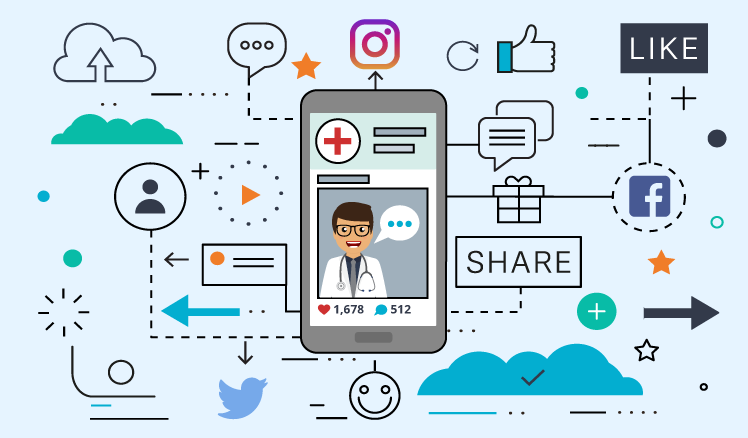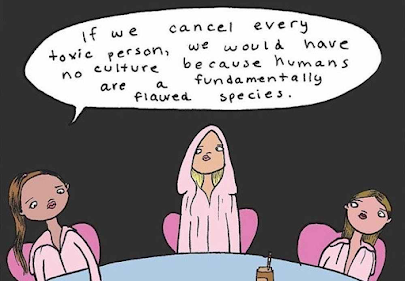Healthcare and the Social Network Revolution
- Get link
- X
- Other Apps
While exploring Rainie and Welmann's book, Networked: The New Social Operating System, the authors mentioned how the Social Network Revolution impacted many facets of our life, including healthcare.
One impactful example illustrating the power of networks on human health is the New York Times "Diagnosis" Magazine written Dr. Lisa Sanders. In her columns, Dr. Sanders shares the story of patients she encountered in her work. All these patients present invalidating symptoms with no clear and definite diagnosis. By publishing those stories in the newspapers and on social media, individuals from all over the world take part in the investigation and ask questions, submit hypotheses, and even run some tests to dig deeper. Others report similar symptoms as people suffering from seemingly similar affections. Overall, a network specific to every patient's story develops and in some cases, a diagnosis eventually arises.
You might have read some of these stories in the NYT or by watching episodes of the Netflix show "Diagnosis".
I remembered that, at the time I watched the TV show and learned about Dr. Sanders' work, what I found fascinating was that, because the network did not restrict to healthcare professionals and fundamental scientists, everyone could decide to be part of the network and participate in its own way. Some people were physicians but working in a totally different field but their perspectives really helped get "the big picture". In other cases, collecting information from other patients was a unique input, as traditional medicine is still focusing on the expert's view exclusively. Finally, some people did not bring any kind of expertise but wanted to say they cared and they were supportive, which always meant a lot to patients and their families, and thus played a significant part in the healthcare management plan.
“In my mind, crowdsourcing is really a metaphor,”
“It’s about how we shouldn’t limit where we get our information from.”
Dr. Sanders in an interview with the AMA (American Medical Association). source
Dr. Sanders and other healthcare professionals going bold by relying on social media, networking, and crowdsourcing to support patients is a great argument in favor of the Social Network Revolution.
- Get link
- X
- Other Apps


Comments
Post a Comment